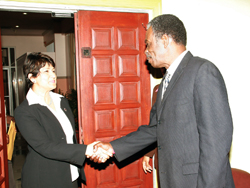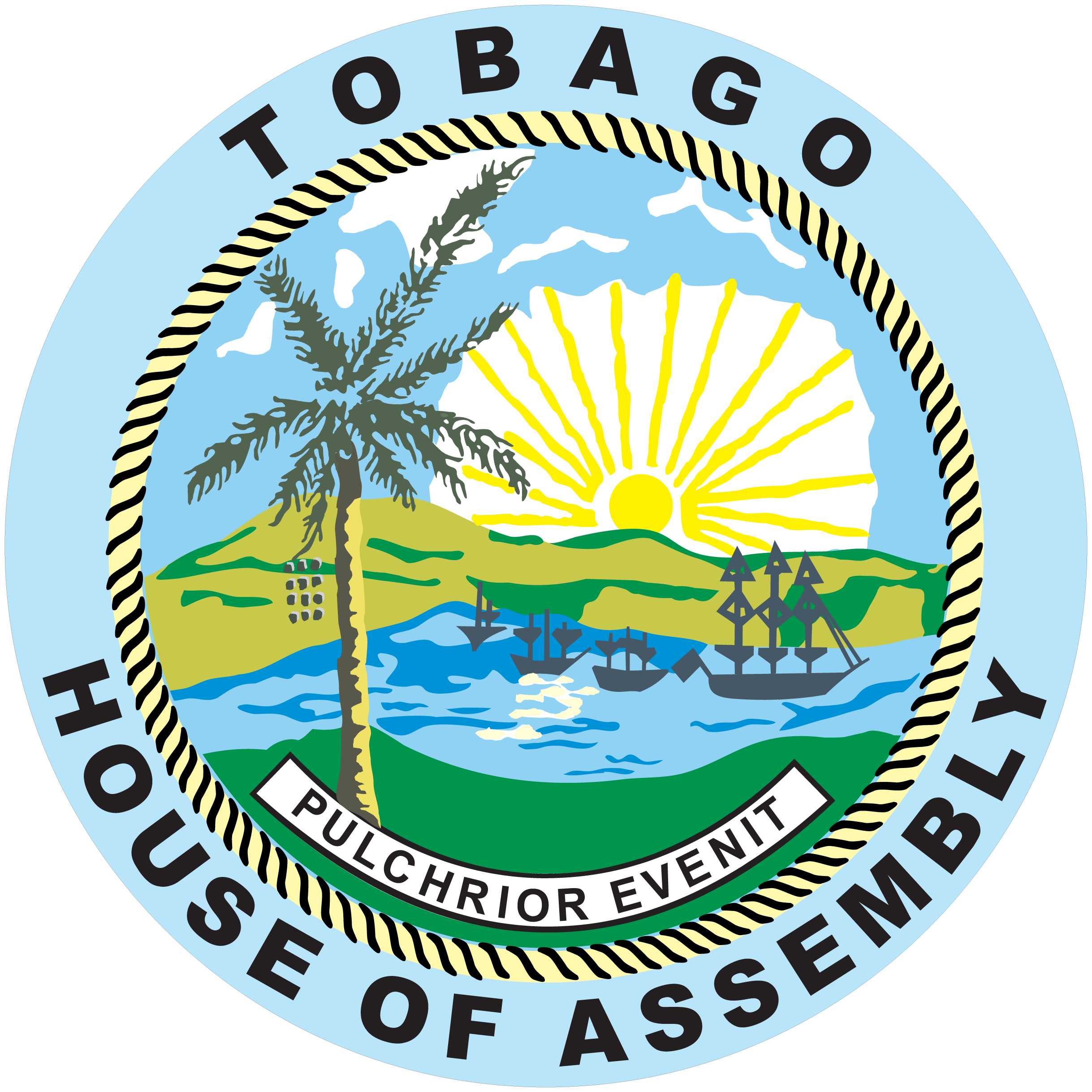
The Desk is being financed by part of a $2 million donation from Spanish energy giant Repsol to the Society to assist in its fight against HIV/AIDS, Society President Vindra Amar informed THA Chief Secretary Orville London at a meeting earlier this week.
Amar said the Society worked closely with the Tobago Emergency Management Authority (TEMA) and wanted to strengthen that relationship even further. She said the Society was completing a community disaster preparedness project in Trinidad and was hoping that Tobago communities would be the recipients of training. She added: “We will be going to some of the vulnerable communities where we will do First Aid training, counselling in HIV/AIDS and prepare the community in the event of a disaster so that before the first responders arrive there are people trained who know what to do.”
She said the face of the Society was changing and wanted to strengthen its capacity to respond to disasters. She said it was doing more now than in previous years by focussing on disaster management, HIV/AIDS prevention and awareness, climate change and the environment. She said the Society also wanted to strengthen its role as an auxiliary to the authorities because that really distinguishes it as an NGO. “We are an auxiliary to government under the International Humanitarian Law so that our role is never to take over but to support and counsel,” Amar added.
In response Chief Secretary London gave the THA’s commitment to support the Society and said despite the challenges which the society has faced in recent times it remained committed to its mantra and basic principles. “We are very appreciative of that and we really hope that we can work together in making your contribution even more worthwhile. The work of the Red Cross is really appreciated and we will continue to collaborate,” London said.
He told the Red Cross executive that as noble as the intentions might be there was need for collaboration and cooperation with other entities. He said he was heartened to hear of the need for cooperation because in an environment where there were limited resources and a number of organisations doing similar things, collaboration was innocuous.
London said instead of having a situation where as happened in some cases, organisations end up competing against each other for the limited resources, I think your approach and understanding that it is one objective and all of us have to work together and that is worthy. He said he was hoping that that can be encouraged and in fact hoped that approach was utilised by all NGOs. “All NGOs should understand we cannot work in isolation,” London stressed.
